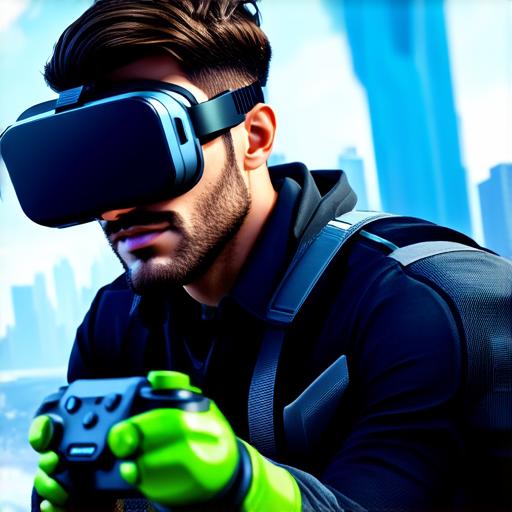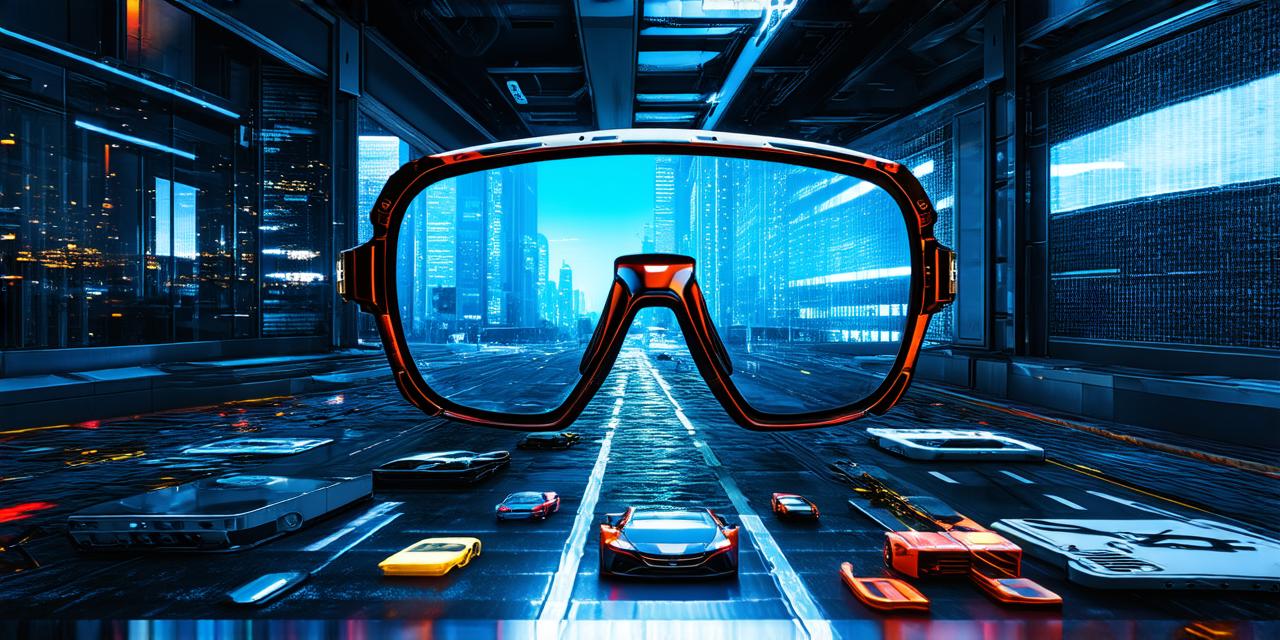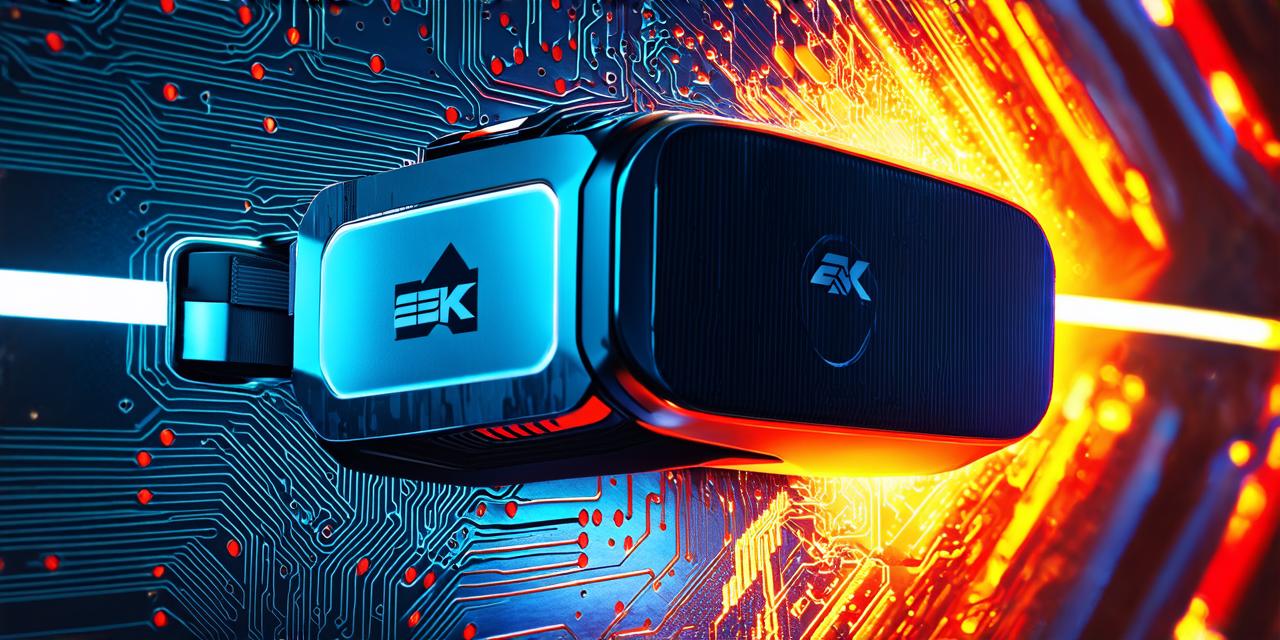
Where will VR take us?
Virtual reality (VR) technology has come a long way since its inception, and it’s rapidly changing the way we interact with the world around us. While we have already seen some incredible applications of VR in gaming, education, and healthcare, the potential for this technology is virtually limitless.
Table of Contents
ToggleEntertainment and Gaming
One of the most obvious areas where VR is making a significant impact is in entertainment and gaming. With VR headsets, gamers can fully immerse themselves in a virtual world and experience games like never before. This technology has already led to the creation of some truly innovative and engaging games, such as “Beat Saber” and “Job Simulator”.
However, VR is not just limited to gaming. It’s also being used for live events, such as concerts and sports matches, where fans can experience these events in a more immersive way than ever before. This has the potential to completely revolutionize the entertainment industry and make it easier than ever for people to connect with their favorite artists and teams.
Education
Another area where VR is making significant strides is in education. With VR, students can learn about history, science, and other subjects in a more interactive and engaging way than ever before. For example, students could take a virtual tour of ancient Rome or explore the human body in 3D.

One of the advantages of using VR in education is that it allows for a more hands-on learning experience. Students can practice skills and perform experiments without any risk to themselves or others. This has the potential to make learning more fun and effective, which could lead to better outcomes for students.
Medicine and Healthcare
VR technology is also making a significant impact in healthcare, particularly in areas like medicine and surgery. With VR, doctors can simulate complex procedures in a safe environment, allowing them to practice and improve their skills without risking patient safety. This could lead to better outcomes for patients and more efficient healthcare systems.
In addition to improving surgical techniques, VR is also being used for therapy and rehabilitation. For example, patients with physical disabilities can use VR to simulate real-world scenarios and practice movements that might be difficult or impossible in real life. This could lead to significant improvements in mobility and quality of life for these patients.
The Future of VR
While it’s impossible to predict exactly where VR technology will take us in the future, there are a few trends that are likely to continue. One of the most important trends is the increasing use of artificial intelligence (AI) and machine learning in VR applications. This could lead to more personalized and interactive experiences for users, as well as more efficient and effective ways of using this technology in various industries.
Another trend that we are likely to see is the integration of VR with other emerging technologies, such as 5G networks and quantum computing. This could lead to even more immersive and powerful VR experiences, allowing us to do things like teleport across the world or experience virtual reality in real-time.
Summary
In conclusion, VR technology is already having a significant impact on various industries, from entertainment and education to medicine and healthcare. While it’s impossible to predict exactly where this technology will take us in the future, it’s clear that it has the potential to revolutionize the way we interact with the world around us. Whether you’re a gamer or a student, a doctor or a patient, VR is likely to change your life in ways you can only imagine.

